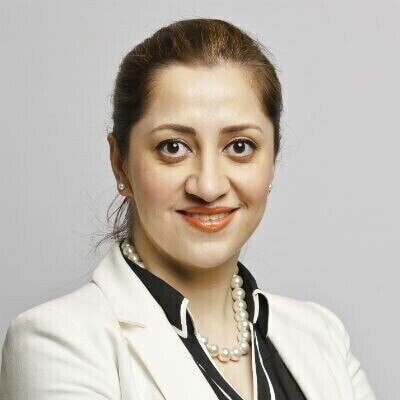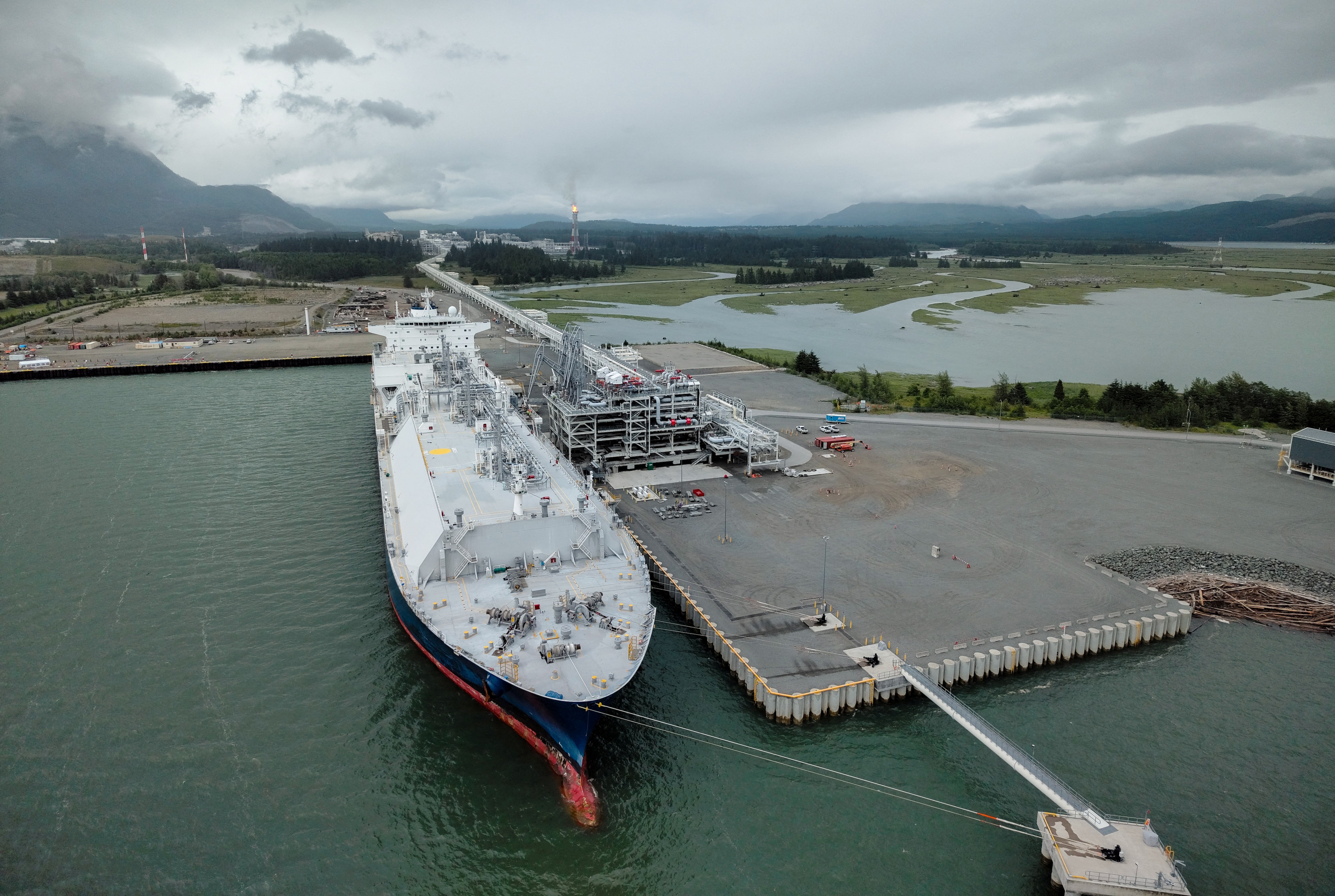Ayla Majid is the Founder & CEO at Planetive Pakistan, and Planetive Middle East. She is a leading energy transition strategist, decarbonisation investor and M&A expert with emerging market focus. Ayla is an entrepreneur with two decades of investments and financial advisory experience across sectors including: large infrastructure, energy and digital innovation. With high level governance and leadership experience, Ayla sits on the boards of energy, pharmaceutical, engineering and banking companies: Siemens Pakistan Engineering; Abbott Laboratories (Pakistan) Limited; and Mari Energies Limited; Member of the Board of Governors of The Helpcare Society (a non-profit running “Teach a Child Schools” for under privileged children). Elected Global President, Association of Chartered Certified Accountants (UK), including chairing the global board of ACCA. Through various roles pushing the boundary for sustainable energy, decarbonisation, board diversity, sustainability led governance, and digital financial inclusion.
Successfully completed Board Roles: Government Holdings; (chaired the board of a state owned energy holding company), Central Power Procurement Authority, Pakistan (company responsible for buying entire country’s power); ISE-Real Estate Investment Trust; Islamabad Electric Supply Corporation, Islamabad Stock Exchange, and Intellectual Property Rights Organization of Government of Pakistan.
Young Global Leader 2015; served as member YGL Advisory Group; served on Global Future Councils on Energy and Energy Transition of the World Economic Forum. In January 2020, Ayla moderated a high level discussion on the “The Global Risks” at the 50th Annual Meeting of the World Economic Forum in Davos. Ayla is an Eisenhower Global Fellow 2021. MBA, Lahore University of Management Sciences; LLB, University of London; ACCA; attended the National Security Workshop, National Defence University Pakistan; Global Leadership and Public Policy module, Harvard Kennedy School; Transformational Leadership module, Said Business School, University of Oxford; Nanyang Technology University Executive Education Module on "Smart Cities"; Princeton University Executive Education Module on “Advancing Global Energy Transition”.















